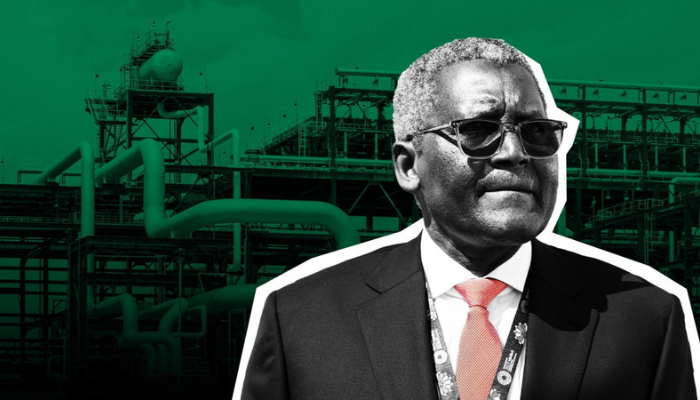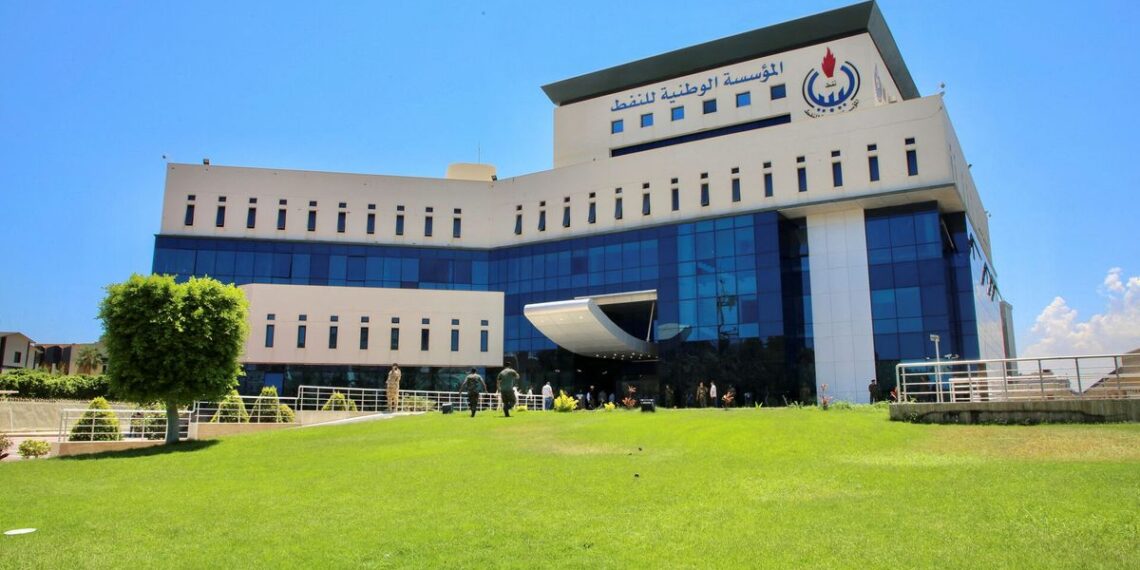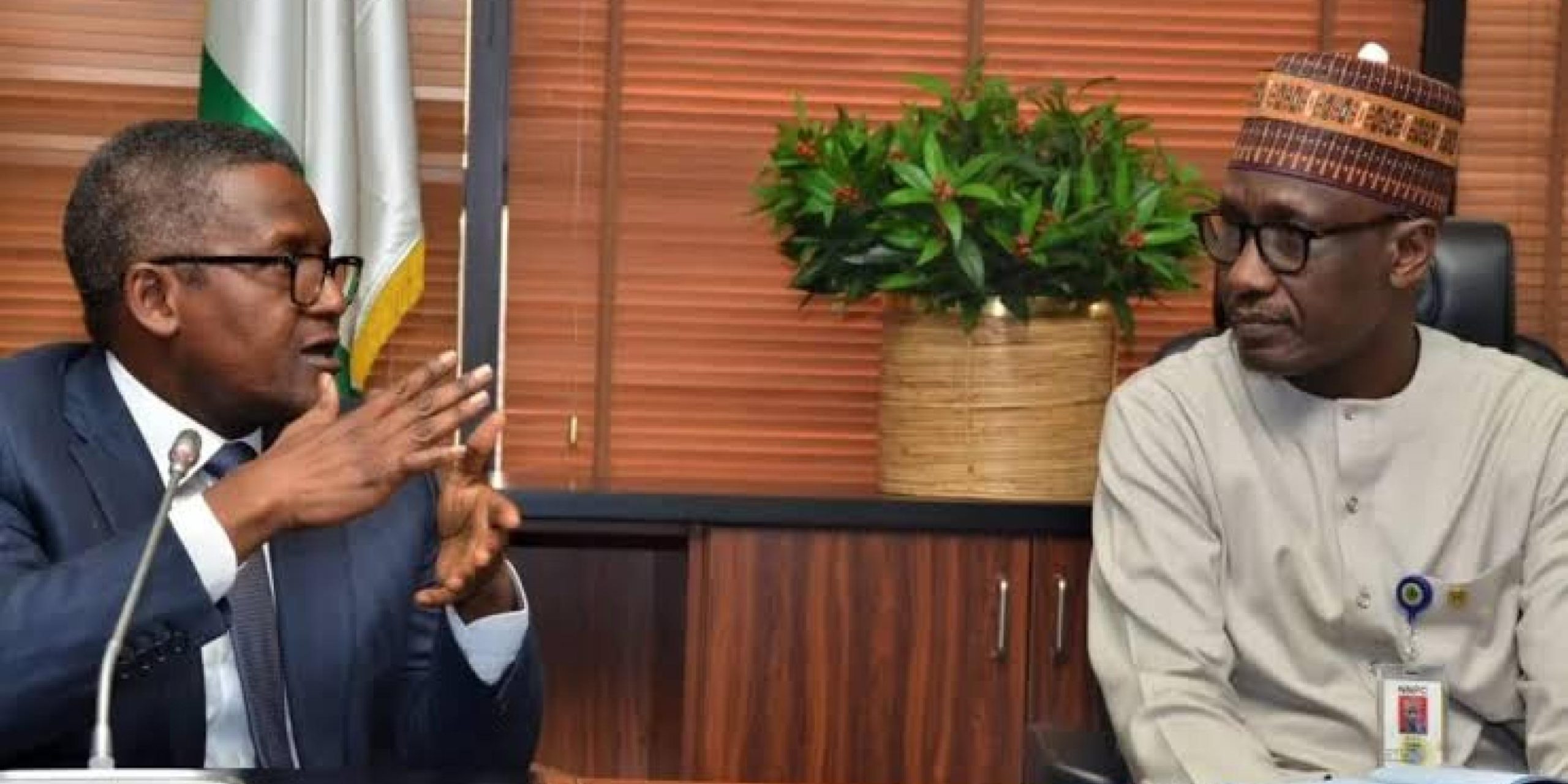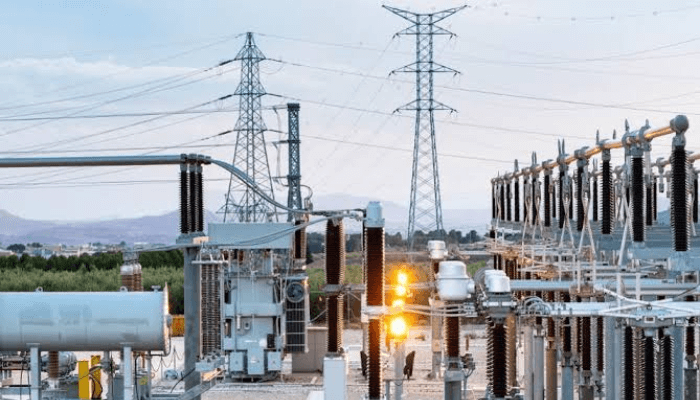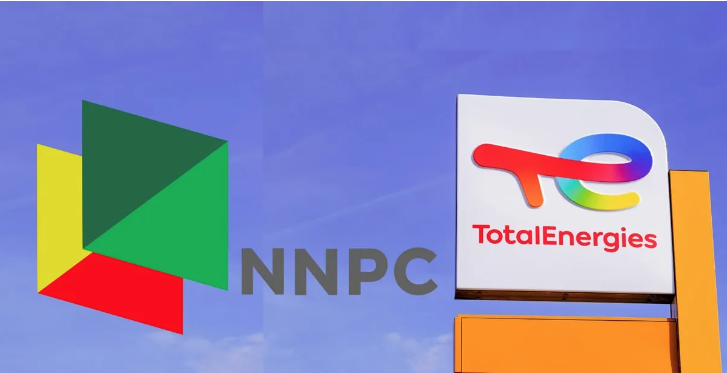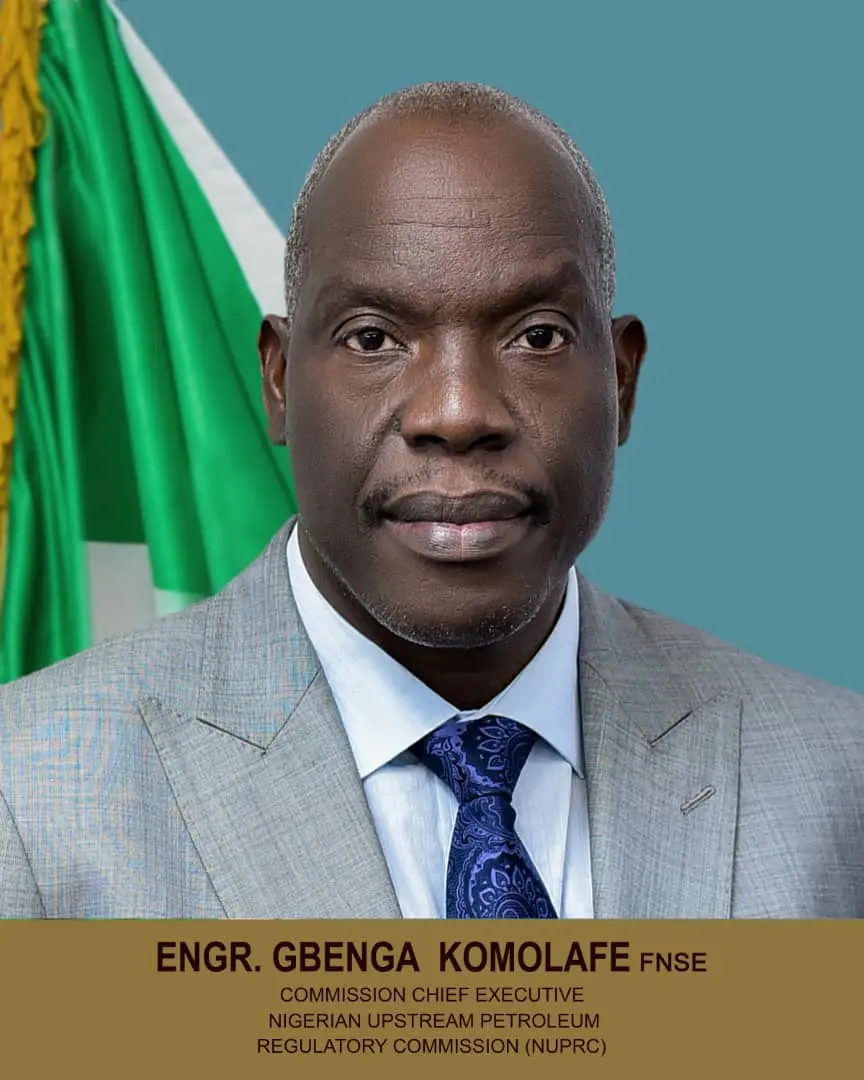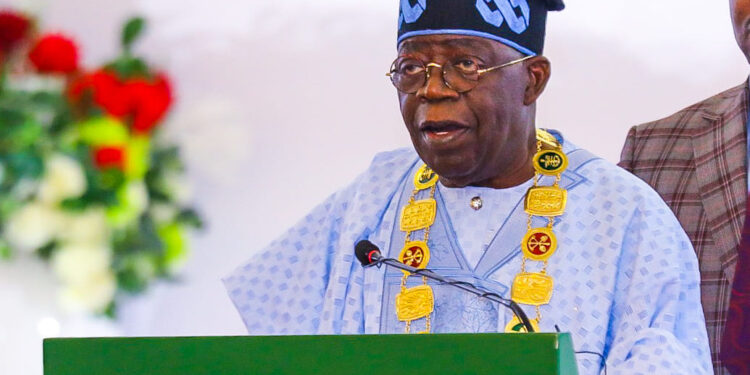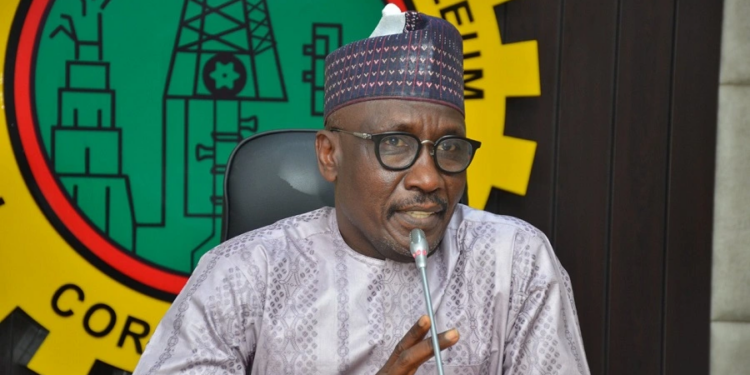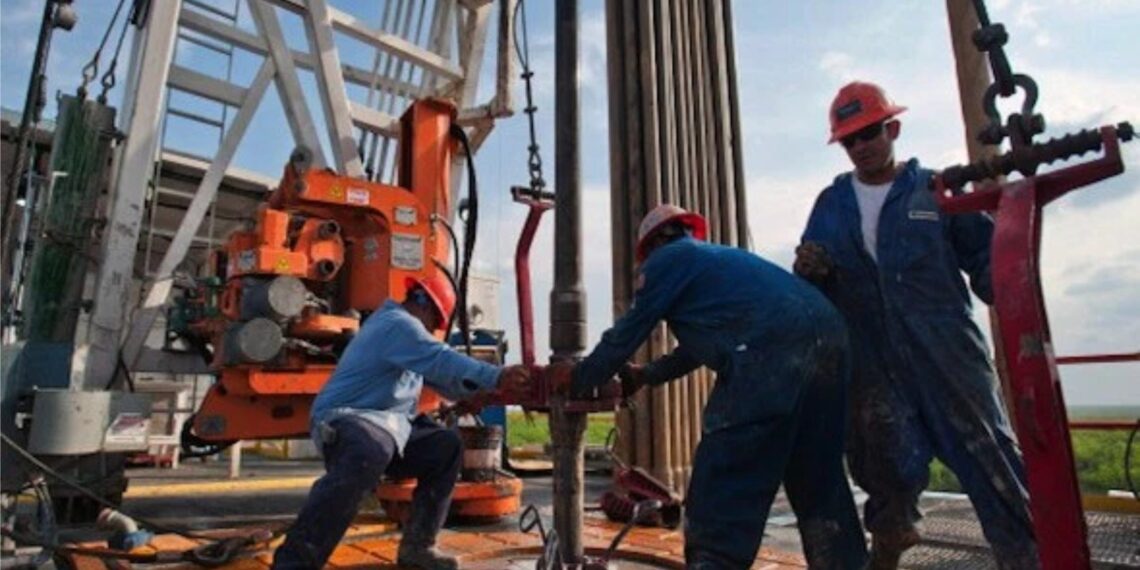Dangote Petroleum Refinery has reduced the ex-depot price of Premium Motor Spirit (PMS), commonly known as petrol, from N950 to N890, effective from Saturday.
This price adjustment is in response to favourable developments in the global energy sector and a significant decline in international crude oil prices.
A statement from Dangote Petroleum Refinery, issued by the Group Chief Branding and Communications Officer, Anthony Chiejina, explained that this latest move follows a similar decision made on 19th January, when a modest price increase was implemented due to rising crude oil costs.
However, with recent global market trends indicating a decline, Dangote Refinery has once again adjusted its pricing structure, providing relief to Nigerians.
The statement also noted that the price reduction would significantly lower the cost of petrol across the country, generating a positive ripple effect throughout the broader economy.
PDP heading for disaster in 2027, Bode George warns
The billionaire factor: How business moguls’ election sponsorship undermines democracy
“Dangote Petroleum Refinery firmly believes that this reduction from N950 to N890 will result in a meaningful decrease in the cost of petrol nationwide, thereby driving down the prices of goods and services, as well as the overall cost of living, with a positive ripple effect on various sectors of the economy,” the statement said.
The refinery has also called on marketers across the country to ensure that the benefits of the reduced price are passed on to the Nigerian public, while reiterating its support for the economic revival spearheaded by President Bola Tinubu, whose administration is focused on making Nigeria self-sufficient in refined petroleum products and positioning the country as a leading oil export hub.
“This collective initiative will contribute to the wider economic recovery plan led by His Excellency, President Bola Ahmed Tinubu, who is dedicated to making Nigeria self-sufficient in refined petroleum products and positioning the country as a leading oil export hub,” it added.
Dangote Petroleum Refinery’s decision is expected to play a vital role in stabilising the country’s economy, ensuring that the benefits of lower fuel prices are felt across all sectors.


